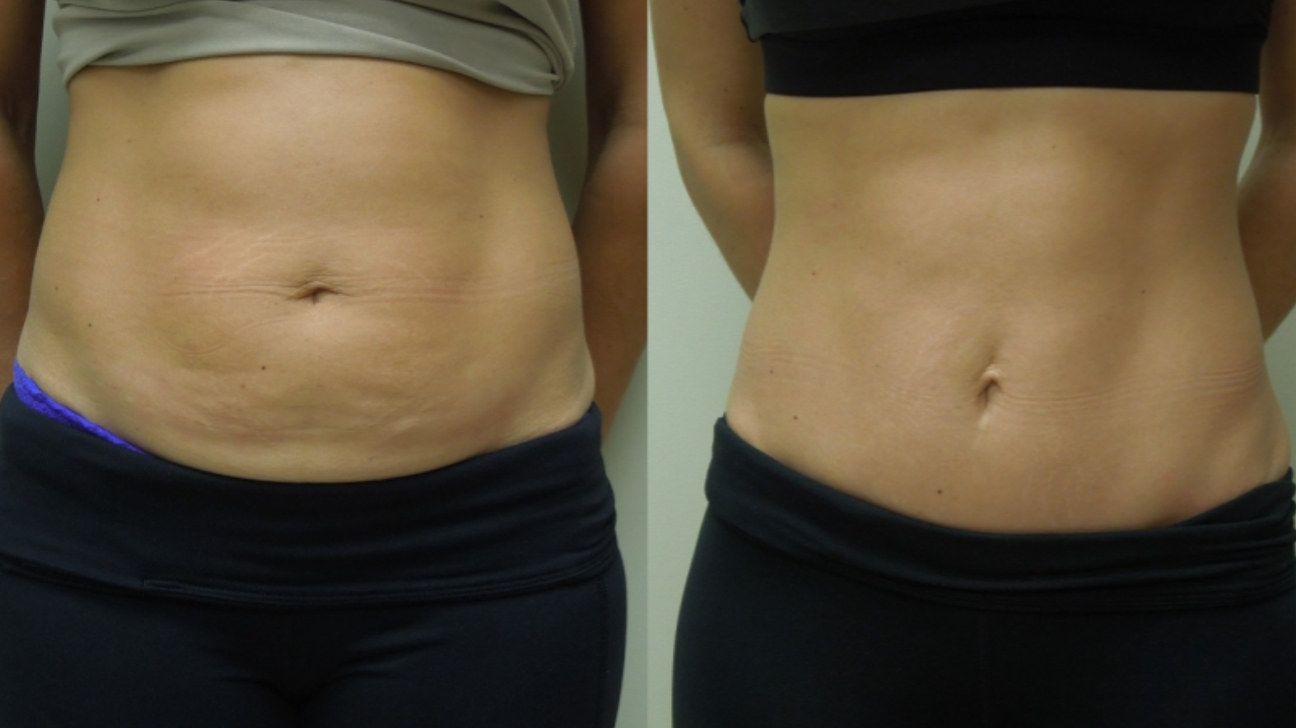Generally speaking, when people hear about bariatric surgery, they associate it with drastic weight loss and the cosmetic benefits that come with the same. Yet, qualifying for this surgery means you derive many benefits once you begin shedding off the pounds. That could include improving fertility, reversing type 2 diabetes, joint pain, hypertension improvement, and you generally live longer. With the right bariatric vitamins, you get to improve your adherence and make your routine seamless, effortless, and fun.
However, the surgery is not for everyone who’s considered overweight. You may need to meet several medical guidelines to qualify for it, undergo a thorough screening process, and be willing to adjust to a healthy lifestyle, including taking energy multivitamins.
You also may be required to participate in frequent follow-ups to monitor your nutrition, lifestyle, and overall medical conditions. And this can be boosted by immune support vitamins.
Some of the factors that can disqualify you from a bariatric surgery include:
- Health concerns
The truth is, any surgery causes significant strain on your body. And bariatric surgery is no exemption. Both the anesthesia and surgical process come with risks. And patients with poor health conditions may suffer the most. As mentioned above, the ideal bariatric surgeon will perform the relevant pre-operative tests and ensure that your exposure to risks is as minimal as possible.
- Costs
It is worthy to note that not all insurance plans cater to bariatric surgeries. And a pre-authorization may sometimes turn out unsuccessful. Sometimes you may also get denied coverage due to clerical errors. Or your insurance provider may deem you unfit for bariatric surgery.
Additionally, some insurance policies outrightly exclude bariatric surgeries from their covers. For this reason, you need to be prepared to meet the bariatric surgery costs. And all the aftercare treatment that happens after. With this in mind, you don’t have to undergo pressure that your insurance provider will fail to come through.
- BMI
First and foremost, having a low body mass index may disqualify you from bariatric surgery. To qualify for this surgery, you need to have a BMI of 35 or more and with an obesity-related condition. Or a BMI of 40 or more no matter the obesity-related conditions.
The rule ensures that you need bariatric surgery. And cannot benefit from other weight-loss interventions.
- Smoking
Smoking results in many complications during and after bariatric surgery. To avoid this, you need to stop smoking at least a month a half before the procedure. Studies have shown that cigarette smoking boosts the risk of respiratory and wound complications, sepsis, and related events after the surgery.
You may try to incorporate bariatric calcium chews whenever you feel like smoking. Besides supporting nerve conduction, blood clotting, and other crucial processes in the body, these chews help maintain and build strong bones and teeth. And boast of a delicious caramel flavor that is sweet to have.
- Psychological and emotional reasons
Last but not least, psychological and emotional reasons may disqualify you from bariatric surgery. And for this reason, a surgeon may insist on the need for a psychological evaluation. That tests you for emotional suitability for changes that may occur during and after the surgery. And that you are ready to deal with the same.



